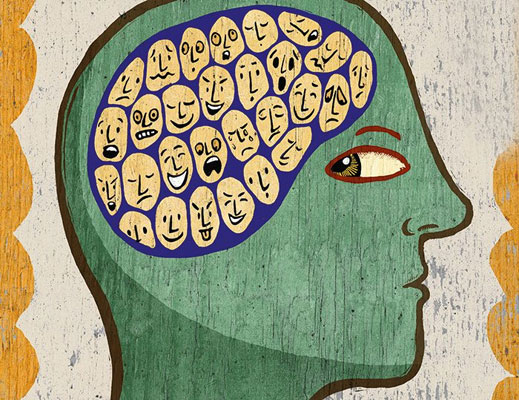
Are you attempting to tone up and shed a few kilos leading into Summer?
Is it fair to say the process of ‘control your appetite’ has shot up list in your wellness priorities – in an attempt to bring a sense of control to your weight loss efforts?
Appetite control may seem like a really, really simple process. Telling yourself what and when you can eat and the rest will take care of itself.
Hmmm, not so simple… Here’s a little insight into how the appetite regulation process pans out.
When your stomach is empty, it releases a hormone called ghrelin, which sends a message to the hunger and fullness centre of the brain, called the hypothalamus. The tiny, yet super important hypothalamus has appetite receptors that give us the urge to munch, (and regulate bone mass). After eating, a hormone called leptin is released from the stomach and intestines. Leptin suppresses appetite by travelling back to the hypothalamus in the brain to say you are satiated or full (which can take up to 20mins to register). Normally, this feeling of fullness causes you to stop eating and not think about food for several hours.
Appetite is the desire to eat food, sometimes due to hunger. Appealing foods can stimulate appetite even when hunger is absent. Appetite exists in all higher life-forms, and serves to regulate adequate energy intake to maintain metabolic needs.
So, from what we now know, there is a lot more going on than just a mouth – stomach connection – but rather a brain-gut connection. We know willpower has nothing to do with sustaining a long term healthy weight. So what’s the answer?
The brain is where we need to turn in controlling our appetite. Understanding the why’s (other than hunger) we eat at times of stress, loneliness, boredom etc. Instead of trying to tune out internal voices that are saying you are hungry and trying to block these, it is time to tune into these messages and free yourself of seeing food as the enemy.
Tips On How to Control Your Appetite
1. Before each meal tune into your true feelings rather than your tastebuds or moods. What are you really feeling? If you have eaten within 2-3 hours of feeling hungry again there is a high chance that your hunger may be stemming from other reasons. Is your urge to eat coming from stress, boredom? Check-in with your emotional eating patterns and learn to differentiate these feelings and continue to do so as you eat.
2. If you are truly hungry – embrace your appetite. This may sound a little crazy to some but you need to learn to stop fighting the voice within and embrace the urge to eat. By giving what your body is truly asking for then you will be able to stop starving yourself of life and JUST GET ON WITH IT. Worrying about food can absorb so much of your energy in a day. Write a list of alternate ways you can divert this energy into being productive. Of course, this doesn’t give you the freedom to chow down on a block of chocolate – oh no. A block of chocolate would only be coming from a place of sadness or loneliness. A square of dark chocolate comes from a place of enjoyment and not treating foods as ‘good’ and ‘bad’. More than likely by eating a small piece of what is going to satisfy you will stop you from going through the process again 15 minutes later.
3. Stay away from the sugar – constantly going through the turnstiles of the sugar rollercoaster is a big driver of appetite. Short term highs after starchy or sugary foods lead to crashes which just repeat themselves throughout the day. Begin your day with a low sugar meal and this will set up your appetite for the rest of the day. Meals with a protein component, which is not necessarily in the form of animal proteins but rather plant proteins such as quinoa, chia seeds, spirulina and nuts are going to slow down the absorption of your meals and leave you feeling fuller for longer.
4. Sleep, sleep, sleep – A lack of zzz’s can also cause appetite mayhem. According to a study published in the Annals of Internal Medicine, those who slept only four hours a night for two nights had a decrease in the production of the fullness hormone, leptin, and an increase in the hunger hormone, ghrelin, compared with those who got more rest. Sleep-deprived people in the study also reported an increase in appetite. Simply put, when we are exhausted we tend to crave comfort foods that are high in simple carbohydrates and fat because these foods cause the release of serotonin, the brain chemical that elevates mood and keeps us awake!
5. Check-in with your mindfulness eating techniques which I outlined in an earlier post
6. Control your stress levels through whatever works for you! Owe it to yourself to find what helps you ease the feelings of stress. Is it meditation? Is it through exercise (which helps regulate appetite if it is not excessive amounts)?
As you can see, just saying to yourself you are going to eat less or restrict your food intake to certain food groups is going to help in the long-term. There are so many pieces of the puzzle that need to be taken into account and it begins from the very core of what makes you .. YOU!
Is your appetite out of control? How do you pull in the reins?
pic via – primary cookies




